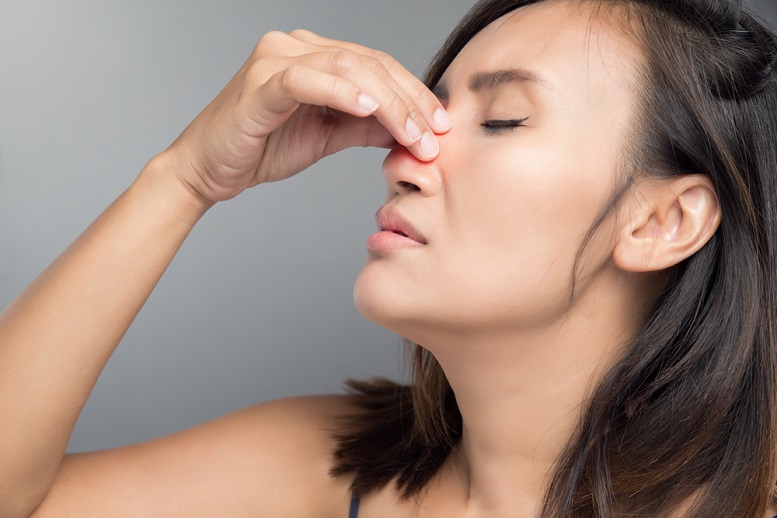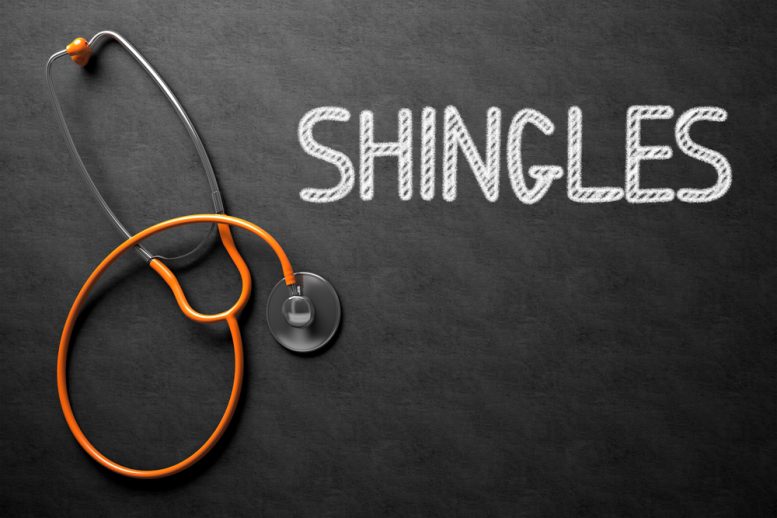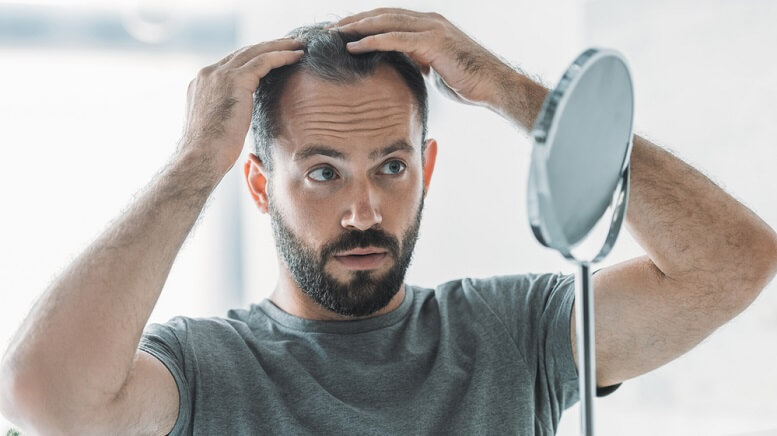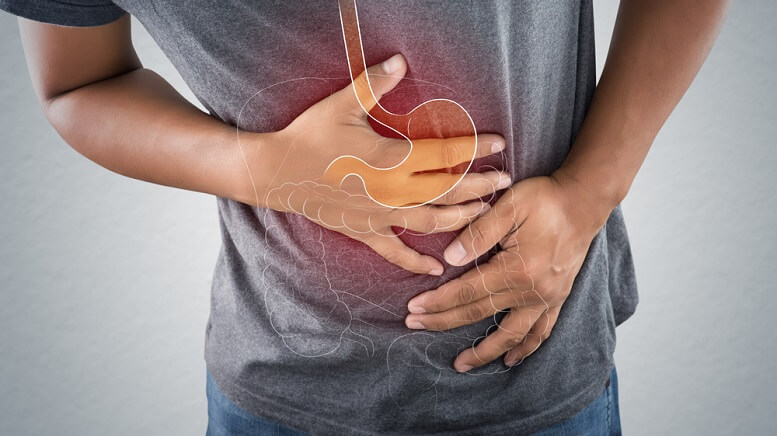Irritable bowel syndrome (IBS) is a painful disorder that affects people worldwide. The exact cause is unknown, but symptoms are varied, with many experiencing abdominal pain, bloating and excess gas. Infection and changes in gut bacteria can also occur because of IBS.
The good news, however, is we know IBS is influenced by several factors and that allow individuals to take note of what to do and what to avoid. In this article, we’re going to explore just that.
1. Make Some Dietary Restrictions
If you suffer from IBS, now is the time to compile a list of dietary restrictions as one of the best ways to treat the disorder is to avoid foods that exacerbate IBS symptoms. For instance, those with IBS should avoid the following: fried foods, chocolate, and sugary foods. Alcohol and caffeine should also be avoided. What individuals with IBS should be consuming however, are foods that are high in fibre as they can prevent constipation. Additionally, it’s essential to drink much water as this moves food through the digestive system faster.
2. OTC Medications Can Relieve Symptoms
If you suffer from IBS, controlling your diarrhea is extremely important because diarrhea can lead to dehydration. If dehydration goes untreated, it can prove to be fatal. Medications such as Imodium and Pepto-Bismol are often recommended by doctors to treat diarrhea. Pepto-Bismol will not help the pain, but it will help with gas relief.
3. Prescription Drugs
Prescription drugs are another way to help those suffering from IBS. This is especially true if individuals are suffering from stomach pain because muscle relaxers can take away the edge in some cases. Doctors often prescribe muscle relaxers like Bentyl and Levsin in these situations.
Takeaway
While uncomfortable and inconvenient, IBS is not life-threatening, and there is a wide selection of treatment options out there. Ask your doctor which route of treatment is best suited to your symptoms and needs.
Featured image: PixaBay









